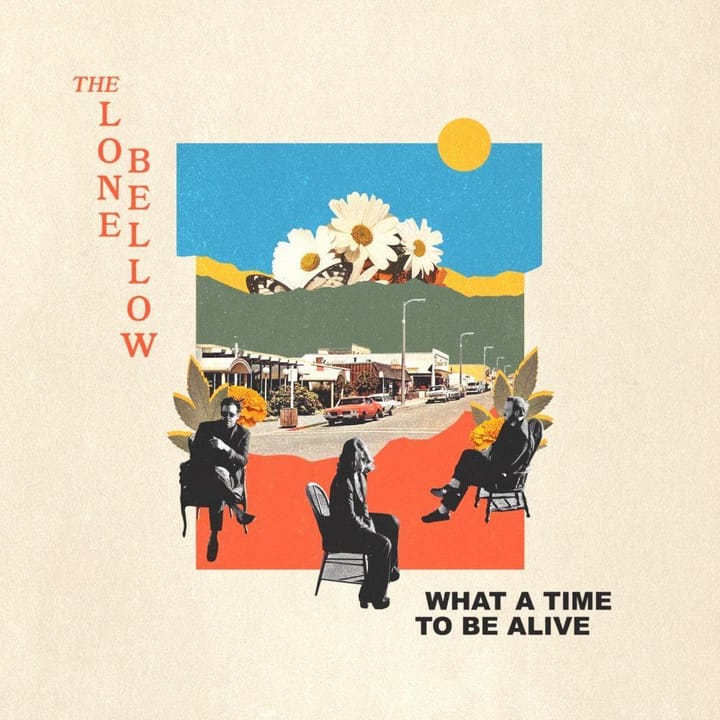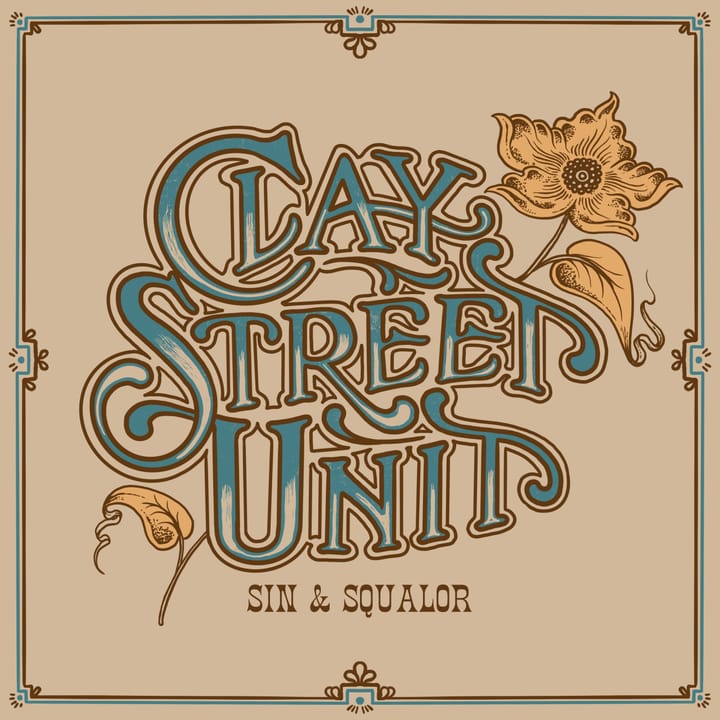In 1929, Mississippi's Joe Callicott made a trip to Memphis with his friend Garfield Akers to record for Vocalion. Callicott's solo recordings never saw the light of day; only "Cottonfield Blues (Parts 1 And 2)", with Callicott backing Akers, was released. A year later, the 29-year-old Callicott fared a little better, cutting the solo sides "Fare Thee Well Blues" and "Traveling Mama Blues" for Brunswick, both of which were released.
Competition from strong releases the same year and the onset of the Great Depression kept Callicott from a return to the studio. Like fellow Mississippi bluesmen John Hurt and Skip James, Callicott worked mostly outside of music after his initial recordings. While other pre-war bluesmen were being rediscovered in the mid-1960s, Callicott was living anonymously in his native Nesbit, Mississippi. His second chance would come late. But it would come.
In 1967, folklorist George Mitchell came knocking on Callicott's door, recording equipment in hand. Mitchell arrived just in time; Callicott would pass away less than two years later. The resulting recordings make up Ain't A Gonna Lie To You. Part of Fat Possum's George Mitchell Archive, this 12-track release is the second in a projected series of twenty titles that will include Fred McDowell, R.L. Burnside, Furry Lewis, Houston Stackhouse and others.
Six of these tracks previously appeared on Arhoolie's Mississippi Delta Blues: Blow My Blues Away, Vol. 2, which paired nine of Mitchell's Callicott recordings with the two Brunswick sides plus ten Burnside field recordings and four from Stackhouse. (That CD is officially out of print.)
Ain't A Gonna Lie To You opens with the traditional number "Frankie And Albert". Callicott plays with the song's melody and meter, turning a well-worn classic into a pleasant surprise. Other highlights include "Laughing To Keep From Crying", with memorable guitar accompaniment and the lyrics, "You don't know my mind/When you see me laughing, I'm laughing to keep from crying"; "Lonesome Katy", featuring sweet falsetto throughout; "France Chance", with its trance-inducing hill country guitar rhythms; and "Down To The River Jordan", which provides a spiritual counterpoint to the blues cuts.
Callicott's simple approach to guitar playing is fresh and uncluttered. His relaxed vocals complement his fingerpicked phrases and gentle chords. As a result, his style seems more comparable to bluesmen such as Eugene Powell and Sam Chatmon than to McDowell or Burnside.




Comments ()